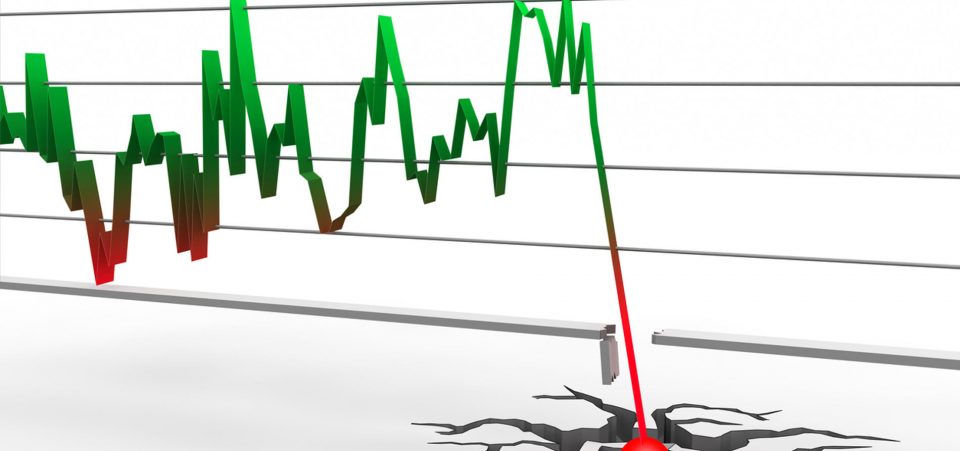Could Indices Soar Without Any Stock Market Crash?
Off the 2009 lows, key stock market indices have soared immensely.
Take the S&P 500, for example. During the stock market crash of 2008–2009, it made a low of 666.79. Now, the index trades at around 2,575. This represents an increase of 286% in eight years and a few months.
Another example: the Dow Jones Industrial Average (DJIA) made a low of 6,469.95. Now, it stands at 23,300. This represents an increase of 260%.
This is hands down one of the best rallies we have seen after a stock market crash.
Looking at this, one question must be asked (that many investors are forgetting): could the key stock market indices show similar returns in the next eight years or so?
In particular, could the S&P 500 increase to 7,364.5, and could the DJIA reach 60,580? There are four ways this could actually happen.
- The U.S. dollar witnesses a severe depreciation. I’m not talking about a 10% decline in the dollar, but something much more severe than that: closer to a 25%–40% decline.
- The Federal Reserve comes in and starts printing money at a much faster pace than it did after the financial crisis, and interest rates drop below zero.
- Real corporate earnings, miraculously, grow at a double-digit pace for an extended period of time. The term “real earnings” refers to when a company makes more money by selling more products, not through financial engineering like share buybacks.
- The U.S. economy starts showing stellar growth. According to the Federal Open Market Committee (FOMC) projections, the U.S. economy is expected to grow by 1.8%, on average, in the long run. For a robust move on the stock market, you would need a growth rate much higher than that; more like five percent.
Stock Market Outlook: Major Losses Could Be Ahead
Dear reader, these days it looks like investors have completely lost touch with reality.
They are currently experiencing the worst case of confirmation bias. This is when investors give more weight to things that confirm their own opinions and disregard other facts. For instance, these days, they are too focused on possible business tax cuts as a reason for a rally, and are ignoring everything else.
Mind you, the tax cuts aren’t really being talked about yet. There’s a deadlock in Congress. And we don’t really know how big the tax cuts are going to be. It’s all speculation for now.
Looking at all that’s happening these days, I will say one thing: irrationality can go on for a long time, but not forever.
It must be understood that the markets are running ahead of the fundamentals.
What will happen when investors realize they were buying for all the wrong reasons? Judging by history, they tend to panic, and a stock market crash follows.
To answer the question I asked earlier, it’s very difficult to see key stock market indices repeating the returns of the last eight years. A stock market crash is more likely to happen sooner than a major stock market rally.
Long-term investors, beware.






